Patsy Geary’s is a lively and popular slide in the traditional Irish music repertoire. Originally unnamed, it was later attributed to the Dublin shopkeeper Patsy Geary by his friend, musician John Kelly. Its infectious rhythm and melodic charm have solidified its place as a staple in Irish sessions worldwide.
While its origins remain somewhat obscure, the tune’s enduring appeal lies in its adaptability; it seamlessly blends with a variety of instruments and playing styles, making it a favorite among both seasoned musicians and beginners alike. Whether played with a driving fiddle, a melodic flute, or a rhythmic bodhrán, Patsy Geary’s consistently brings energy and joy to any musical gathering.


Responses